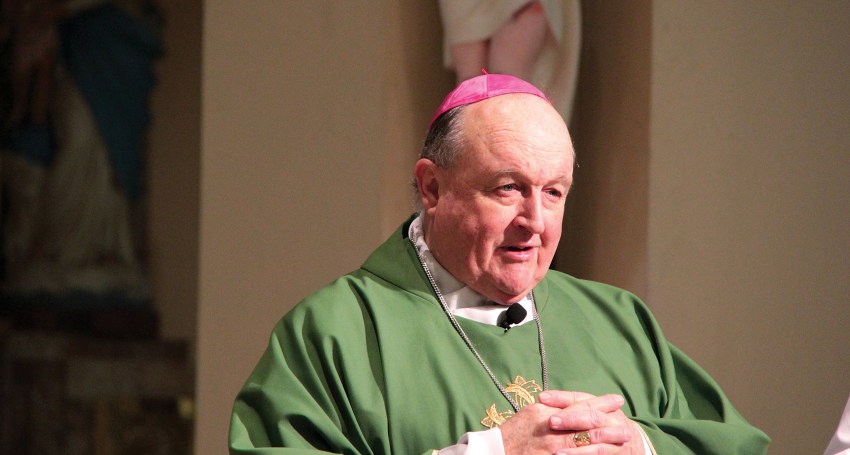Seeking justice in the public sphere
Opinion
Our justice system is based on the premise that a person is innocent until proven guilty. But what happens when a person is found guilty and then proven innocent? This is the conundrum facing Archbishop Philip Wilson and the Catholic Church in Australia following the overturning of the conviction against the former Adelaide Archbishop.

The issue is complicated a thousand-fold when the person is a public figure and subjected to world-wide media attention. As Channel 10 newsreader Sandra Sully pointed out dramatically last week, Archbishop Wilson was “the most senior cleric on Earth” to be accused of concealing child sex abuse. (Clearly the ‘world’ wasn’t quite big enough).
Then there is the politicisation of the case. As well as the odd intervention from the NSW Attorney General and Police Minister, State and Federal political leaders from both sides, including former Prime Minister Malcolm Turnbull, saw fit to throw their weight behind calls for the Archbishop’s resignation.
Advertisement
Amidst all this, the Archbishop remained silent – and was criticised from some quarters for doing so – because of his inherent trust in the judicial system and his deep devotion to prayer.
This can be frustrating at times for a communications adviser but I have nothing but respect for the way the Archbishop kept his cool and survived the ordeal of the past four years.
There are no winners in this whole judicial process. The Archbishop has lost his position as Archbishop of Adelaide and the survivors of child sexual abuse and their families have suffered further hurt and suffering. Emotions are running high and nothing the Church does or says will allay their anger, disillusionment and sense of betrayal – all justified I should add.
But as Judge Roy Ellis told the packed court room, it was not for him to “punish the Catholic Church for its institutional moral deficits or to punish Philip Wilson for the sins of the now deceased James Fletcher by finding (him) guilty simply on the basis that he is a Catholic priest”.
He went on to warn of the dangers of “generalisations about individuals or institutions” in the field of criminal law. “Justice must be individual if it is truly to bear the label ‘justice’,” he said.
Advertisement
It gets back to the central tenet of the justice system, that is, the need to prove beyond reasonable doubt that someone is guilty. When you are dealing with a highly complex case based on long-term memory and belief, the need for direct proof must be paramount or a dangerous precedent could be set.
Now a free man after nearly four months in home detention, Archbishop Wilson will need time to consider his future and no doubt he will continue to pray for peace and guidance. Let’s hope that he is given the space to do so, unhindered by the glare of the media and political spotlight.











Comments
Show comments Hide comments